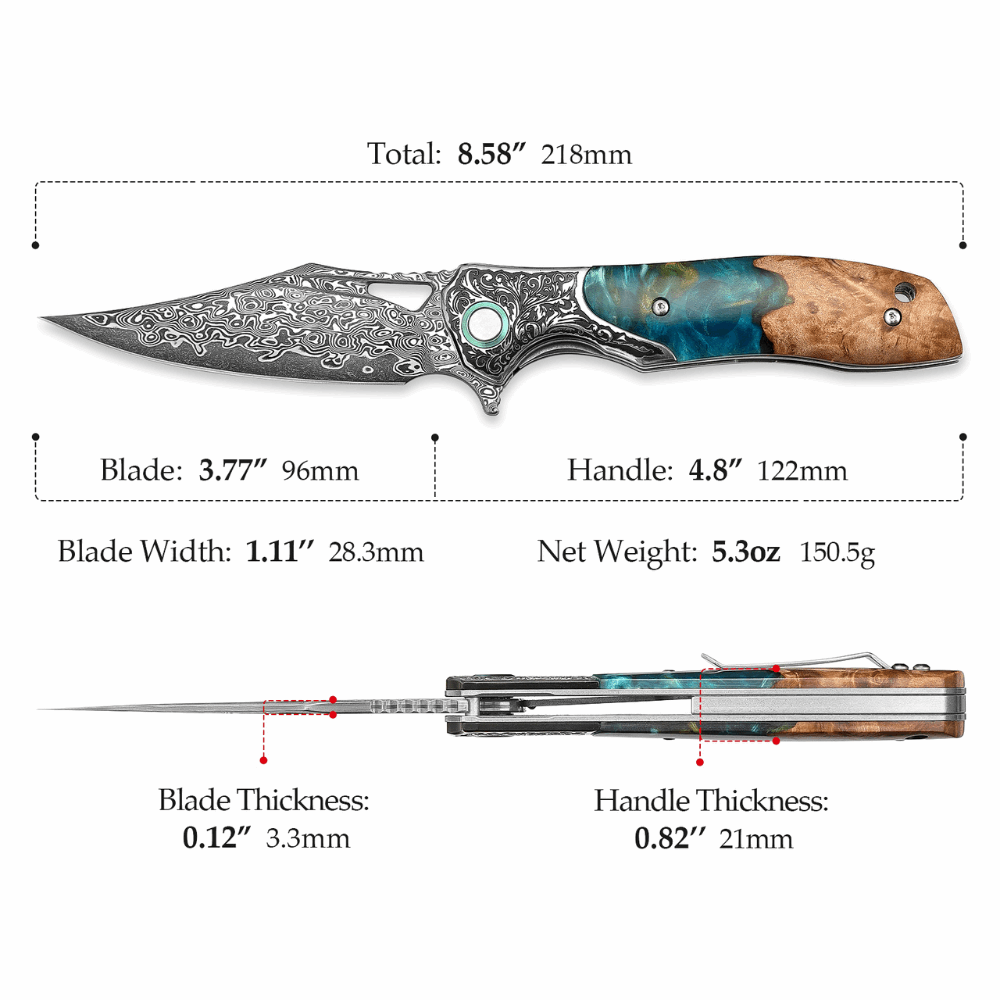Navigating the Twilight: Understanding Deer Hunting Hours
For many hunters, the pursuit of deer is not just a pastime but a passionate engagement with nature. Central to this pursuit are the deer hunting hours, the legally designated times when hunters can take to the fields and forests in search of their quarry. This blog delves into the nuances of these regulations, aiming to provide hunters with a comprehensive understanding of when they can legally hunt deer, underscored by the importance of safety, conservation, and ethical practices.
The Legal Framework of Deer Hunting Hours
Deer hunting hours are established by wildlife management authorities to balance the needs of wildlife conservation with the interests of hunters. These regulations also prioritize safety, ensuring that hunting activities occur during times when visibility is sufficient to identify targets and background clearly. Each state or region has its own specific set of rules, often based on sunrise and sunset times, and it's crucial for hunters to familiarize themselves with these local regulations before embarking on a hunt.
The Significance of Sunrise and Sunset Times
Hunting hours are closely tied to the natural rhythms of sunrise and sunset, adapting to the changing light conditions throughout the year. This alignment with the solar cycle ensures that hunting activities commence and conclude under conditions that offer natural light, which is vital for the safety of hunters and the integrity of the sport. The variation in daylight hours across seasons means that hunting times will shift accordingly, requiring hunters to stay informed and adaptable.
Special Regulations and Exceptions
While general rules provide a baseline, exceptions to deer hunting hours may exist. These can include specific seasons like the rut or youth hunts, designed to offer unique hunting experiences or manage deer populations more effectively. Additionally, certain areas may have restrictions based on local wildlife management needs. It's imperative for hunters to check the latest regulations and exceptions from reliable sources, such as state wildlife agencies or official hunting guides.
Tools and Resources for Hunters
Today, hunters have access to a plethora of tools and resources to help track legal hunting hours. From mobile apps that provide real-time sunrise and sunset times based on location, to websites dedicated to hunting regulations, these tools ensure hunters can easily access the information they need. Traditional methods, like printed almanacs or local news outlets, continue to serve as valuable resources as well.
Safety and Ethical Considerations During Legal Hunting Hours
Safety cannot be overstated when it comes to adhering to legal hunting hours. These regulations are in place not only to protect hunters but also to ensure the ethical treatment of wildlife. Hunting in adequate light conditions reduces the risk of accidents and ensures hunters can make clear, humane shots. Ethical hunting practices during these hours reflect respect for nature and the game pursued, fostering a sustainable hunting culture.
Tips for Maximizing Success Within Hunting Hours
Making the most out of the legal hunting hours involves preparation and understanding of deer behavior. Strategies such as scouting the hunting area beforehand and knowing the patterns of local deer can significantly increase the chances of a successful hunt. Additionally, equipping oneself with gear suited for low-light conditions, like high-quality optics or noise-reducing clothing, can enhance the hunting experience.
Staying Informed and Updated
Regulations surrounding deer hunting hours can change, prompted by shifts in wildlife populations, habitats, or management strategies. Staying informed through official channels ensures that hunters can adapt to these changes, maintaining compliance with the law and contributing to conservation efforts. Joining local hunting clubs or forums can also provide valuable insights and updates from the hunting community.
Conclusion
Understanding and respecting legal deer hunting hours are fundamental to ethical and successful deer hunting. These regulations, rooted in considerations for safety, conservation, and ethics, guide hunters in harmonizing their sport with the rhythms of nature and the principles of wildlife management. By staying informed, prepared, and respectful of these guidelines, hunters can enjoy the rich tradition of deer hunting, contributing to its sustainable future.





























Leave a comment